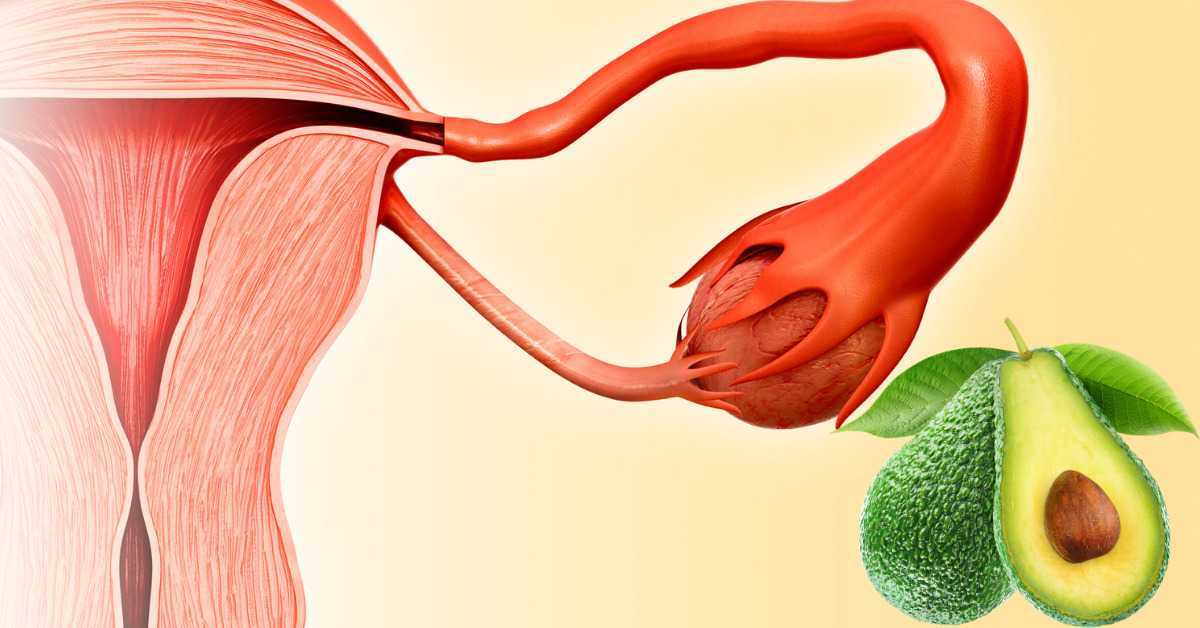Avocado seeds are an excellent source of nutrients that can help boost fertility in both men and women. In this article, we’ll look at Avocado Seed Benefits for fertility improve your chances of becoming pregnant, as well as a few ways to add them to your diet.
Are you trying to conceive? Getting advice from a professional is the best solution! Click here to consult online with the Best Gynecologists in Pakistan via Marham.
Benefits of Avocado Seed for Male Fertility
Avocado seeds have long been known as a source of nutrients that are beneficial to health, including male fertility.


Some of its benefits for males include:
1. Improve Sperm Count and Mobility
Some research has even shown that avocado seed extract can improve sperm production and mobility in men. In addition to increasing semen quality, studies have also found that daily intake of avocado seed extracts may help reduce cholesterol levels. This makes them especially beneficial for men who are trying to conceive.
2. Improve Sperm Quality
Avocado seeds contain a variety of nutrients that are essential for male fertility, including zinc, selenium, and vitamins E and C. They also contain a substance called lutein, which has been shown to improve sperm quality.
3. Help in Testosterone Production
Avocados are a good source of healthy fats, which are necessary for the production of testosterone, the hormone that is responsible for sperm production.
4. Protect Cells from Damage
In addition to providing nutrients that are essential for fertility, avocados are also a good source of antioxidants. Antioxidants help to protect the body’s cells from damage. They also help to reduce inflammation, which can be a cause of infertility.
Avocado Benefits for Uterus in Females
“Avocados contain higher amounts of several non-essential compounds, such as fiber, monounsaturated fats, and lipid-soluble antioxidants, which have all been linked to improvements in maternal health, birth outcomes and/or breast milk quality.” – Research on Avocados
Avocado seed benefits for the uterus are many because of the fact that it is rich in vitamin E, potassium, and omega 3 fatty acids. Along with these nutrients, it also contains folic acid which helps keep trouble in check when you try to get pregnant.


Here’s how females can reap the benefits of avocado:
5. Vitamin E Provides Nourishment
The healthy fats in avocados help nourish your reproductive organs, while their vitamin E content helps to keep things moving smoothly in your uterus during menstruation and pregnancy.
6. Balance Estrogen Levels
Potassium-rich avocados balance excess estrogen that may be responsible for issues in the uterus, like endometriosis.
7. Support Healthy Pregnancy
The folic acid in avocados helps support healthy pregnancy by preventing neural tube defects and promoting DNA synthesis.
Also read Foods Increase Female fertility: 10 Super Foods to Add to Your Diet
8. Improve Blood Flow
Avocados are rich in B-vitamins (especially folate or vitamin B9) that help your body metabolize energy effectively, boost blood circulation and fight off infections. This also has benefits for your reproductive organs since a proper blood flow is needed to ensure the proper functioning of all tissues.
9. Prevent Reproductive Disorders
Avocados are a great source of fiber, which helps to regulate hormones and cleanse the body of excess estrogen. This can be beneficial for women who suffer from conditions like PCOS or endometriosis.
Does Avocado Seed Clean the Womb?
A lot of women believe that eating an avocado seed will cleanse their womb and help them to conceive faster. There are many benefits of eating avocado, including the fact that it is a nutrient-rich fruit that can help improve overall health.


However, there is no scientific evidence to support the claim that eating avocado seeds will cleanse the womb or help in conception. There are some anecdotal reports from women who say that they felt an improvement in their fertility after consuming avocado seeds, but more research needs to be done in order to confirm these claims.
Learn more about the Benefits of Kiwi for Pregnancy
When to drink avocado seed for fertility?
To get the most out of avocado seeds, it’s important to eat them raw. You can also grind up the seeds into a fine powder for use in smoothies or other foods.
You can drink avocado seed for fertility every day for three months before you try to conceive. This might give your body time to build up its stores of nutrients and improve the quality of your eggs and sperm.
You can find avocado seed powder at most health food stores. Mix it with water or juice and drink it once a day.


However, if you are interested in trying avocado seeds or oil for cleansing the womb or improving fertility, it is important to speak to your doctor first.
There is no evidence to suggest that these home remedies are safe for pregnant women or those who are trying to conceive, so it is always best to err on the side of caution.
Consult a Doctor!
There are many avocado seed benefits for fertility for health as described in this article. However, only a doctor can advise you on the best treatment according to your situation. A gynecologist can help you if you are struggling with any fertility issues. While males can consult a Urologist for any sexual health issues.
Can’t Find the App?
| Android | IOS |
|---|---|
  |
  |
FAQs
1. Does avocado seed increase fertility?
There is no scientific evidence to support these claims, but some couples who have tried this method report positive results. If you’re considering using avocado seed to improve your
2. How do avocados help fertility?
Avocados are a rich source of vitamins, minerals, and antioxidants that are essential for reproductive health and might improve fertility.
3. What seeds help to get pregnant?
There are a number of different seeds that have been purported to help with fertility. Some of the most popular options include fenugreek, flaxseed, and pumpkin seed.
4. Which fruit can boost ovulation?
Some fruits that are generally thought to be beneficial for boosting ovulation include apricots, blueberries, cherries, figs, grapes, and prunes.

